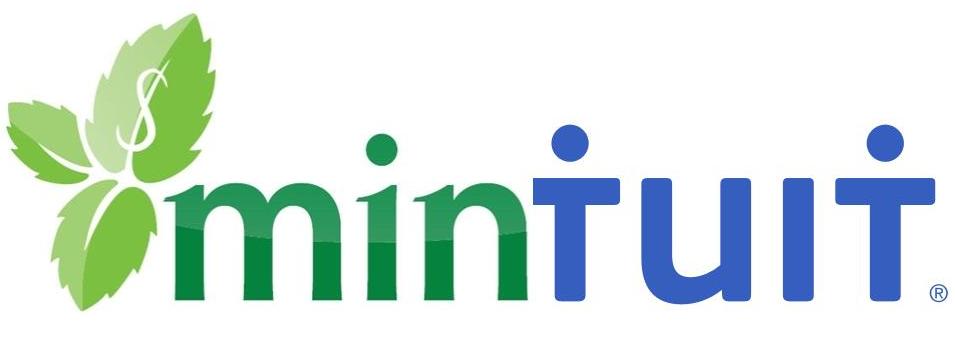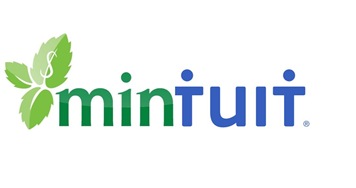 I’m sure as hell lucky to have bet on Mint when Microsoft Money died… but to be honest it was a flip of a coin decision, Wesabe, the other web-based personal finance management program looked just as attractive. Good product, perfect pedigre, strong VC funding. Now Wesabe is in the deadpool while Mint essentially became Quicken Online.
I’m sure as hell lucky to have bet on Mint when Microsoft Money died… but to be honest it was a flip of a coin decision, Wesabe, the other web-based personal finance management program looked just as attractive. Good product, perfect pedigre, strong VC funding. Now Wesabe is in the deadpool while Mint essentially became Quicken Online.
A comparative analysis of the two, and why one died why the other thrives would be a very educational startup story – if somebody close enough to the fire has the facts.
Wesabe users have until July 31st to export their data (a rather short period, if you ask me, given the importance of such data.). I certainly hope Mint (Intuit) will step up the plate and offer streamlined migration.
In the meantime, I’m just lucky having bet on Mint. 🙂

(Cross-posted @ CloudAve)


 An era comes to an end on June 30th, when
An era comes to an end on June 30th, when  When it didn’t happen, they must have lost interest – the annual Money upgrades brought less and less new features or even bug fixes, and smart users started to skip releases between upgrades. Then trouble started left and right: weird things happened to my accounts beyond my control. Categorization? I’ve long given up on it, most of my downloaded data is associated with junk categories. The real bad part: data changed in existing accounts, very old transactions downloaded again into already reconciled months..etc. This is my bank account, my money we’re talking about! The very data I meticulously took care of while in my possession now got randomly changed. The only way to be really sure I have the right balances was (is) to go and verify them at the individual bank or broker sites.
When it didn’t happen, they must have lost interest – the annual Money upgrades brought less and less new features or even bug fixes, and smart users started to skip releases between upgrades. Then trouble started left and right: weird things happened to my accounts beyond my control. Categorization? I’ve long given up on it, most of my downloaded data is associated with junk categories. The real bad part: data changed in existing accounts, very old transactions downloaded again into already reconciled months..etc. This is my bank account, my money we’re talking about! The very data I meticulously took care of while in my possession now got randomly changed. The only way to be really sure I have the right balances was (is) to go and verify them at the individual bank or broker sites. ) and not even feel the need to apologize. It’s the absolute Cardinal Sin. And now this company wants me to put my trust in their services?
) and not even feel the need to apologize. It’s the absolute Cardinal Sin. And now this company wants me to put my trust in their services?

![Reblog this post [with Zemanta]](https://www.zoliblog.com/wp-content/uploads/HLIC/c3f6a73b6f73860cb3967d8190b33e5c.png)

Recent Comments